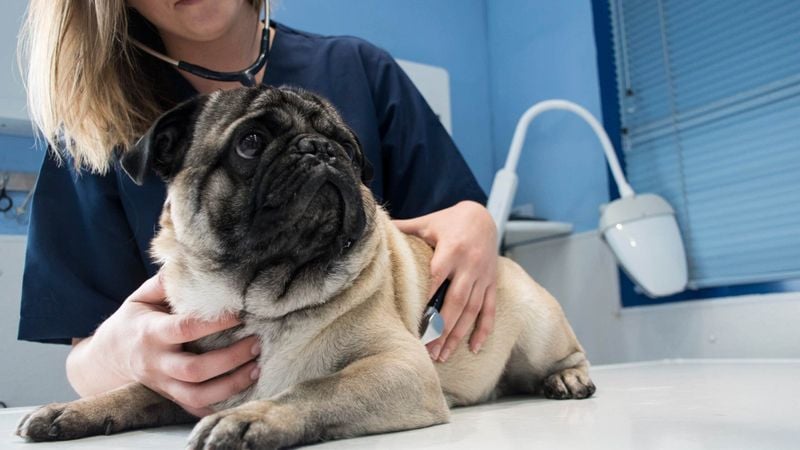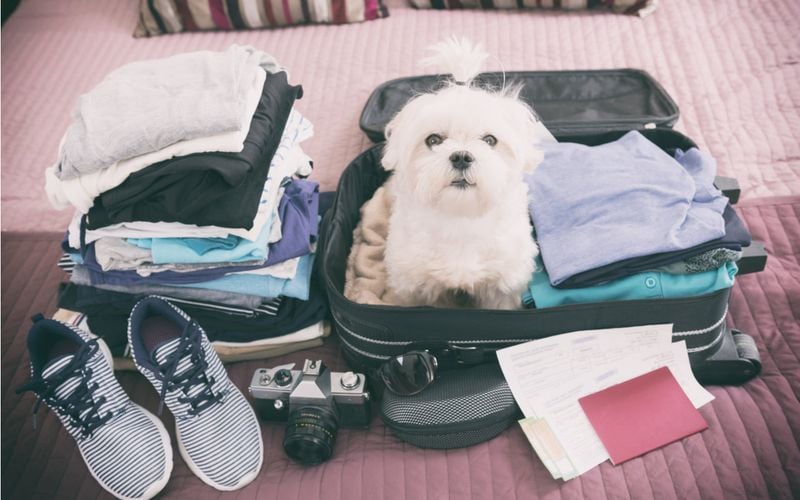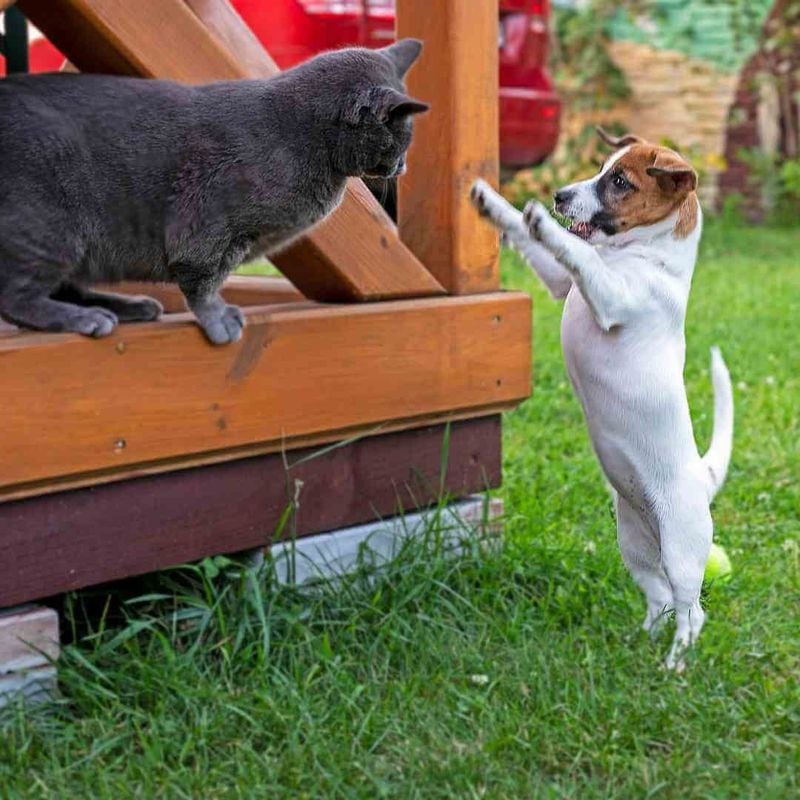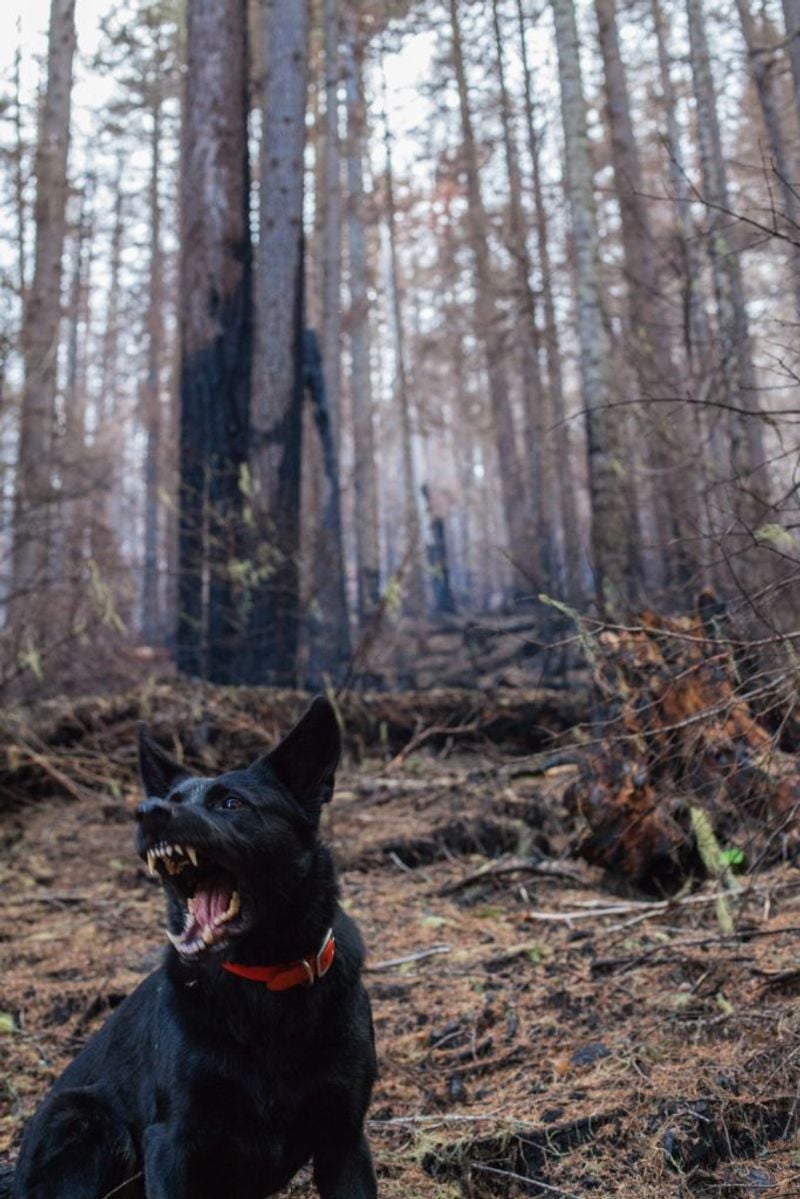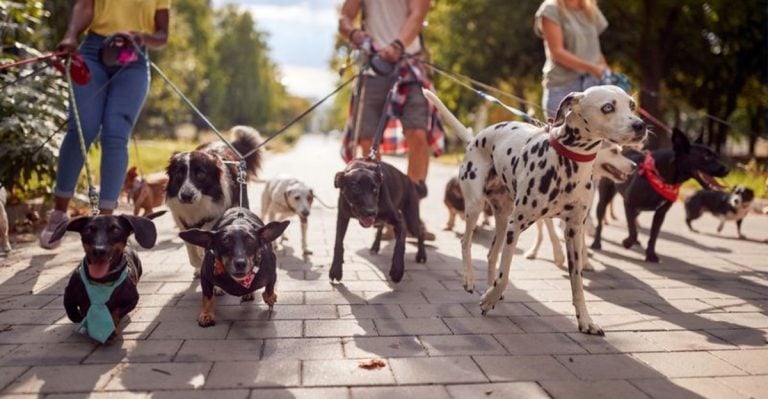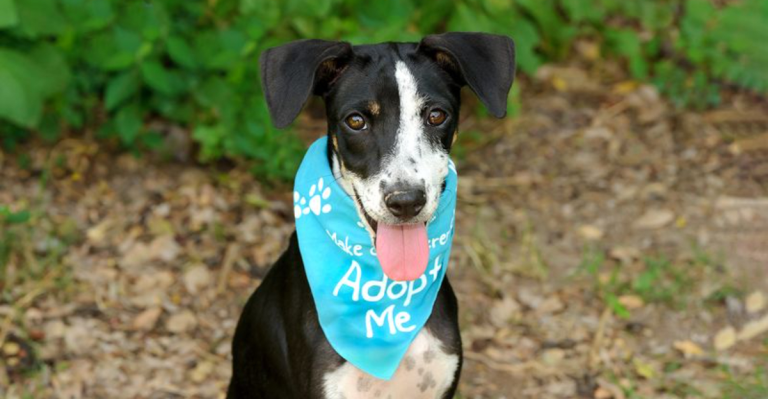15 Brutal Truths About Owning a Dog That No One Warns You About
So you’re thinking about getting a dog? Those adorable puppy videos and heartwarming rescue stories make it seem like pure joy. But beneath the wagging tails and sloppy kisses lies a world of challenges most people don’t talk about.
Dog ownership transforms your life in ways both wonderful and difficult – and knowing the hard truths beforehand can help you decide if you’re truly ready for the commitment.
1. It’s a 10-15 Year Commitment (Sometimes More)
The puppy phase passes quickly, but your responsibility doesn’t. When you bring that furry bundle home, you’re signing up for at least a decade of daily care, regardless of life changes.
Job relocations, new relationships, children, health issues—your dog remains a constant through it all. Unlike other commitments you can downsize or adjust, a dog’s needs remain the same.
Many potential owners underestimate how this long-term responsibility impacts future decisions. That cute puppy will still need walks, medication, and attention when it’s a senior dog with gray muzzle and slower pace.
2. Vet Bills Add Up Quickly
Regular check-ups run $50-$100, but that’s just the beginning. Annual vaccinations, heartworm prevention, flea and tick treatments—these routine costs add hundreds to your yearly budget.
Emergency situations deliver the real financial shock. A single bout of gastroenteritis can cost $800-$1,500. More serious conditions like torn ACLs or cancer treatments? Think $3,000-$10,000 or more.
Pet insurance helps but comes with monthly premiums and doesn’t cover everything. Many owners face heart-wrenching financial decisions during medical emergencies, balancing their wallet against their beloved pet’s wellbeing.
3. They’re Not Always “Good Boys”
Social media showcases perfectly behaved pups, but reality tells a different story. Dogs have their own personalities, moods, and bad days—just like people.
Your sweet companion might destroy your favorite shoes, bark at 5 AM for no reason, or decide your houseguest’s suitcase makes a perfect toilet. Even well-trained dogs occasionally ignore commands, especially during adolescence or when something exciting catches their attention.
Some days, your dog will test every ounce of your patience with selective hearing and questionable decisions. The unconditional love remains, but the “always perfect pet” fantasy quickly dissolves into messy reality.
4. Travel Plans Get Complicated
Spontaneous weekend getaways? Not anymore. Every trip requires extensive planning around your dog’s needs.
Boarding kennels cost $30-$80 per night and require vaccination records and advance bookings. Pet sitters might charge even more. Dog-friendly accommodations limit your options and often charge extra fees.
Taking your dog along creates its own challenges—car anxiety, unfamiliar environments triggering behavioral issues, and activities where pets aren’t welcome. Many owners find themselves shortening vacations or skipping them altogether because the logistics become overwhelming or the separation anxiety (theirs and their dog’s) feels too intense.
5. Sleep Disruptions Are Real
Remember sleeping through the night? With a new dog, those days might be temporarily over. Puppies need midnight potty breaks for months before their bladders fully develop.
Even adult dogs disrupt sleep—barking at mysterious sounds, pawing your face when they need to go out, hogging the bed, or snoring louder than your partner. Some breeds are notorious night wanderers, pacing or repositioning throughout the dark hours.
The sleep deprivation can feel surprisingly similar to having a newborn. While most dogs eventually settle into better sleep patterns, light sleepers may find themselves permanently affected by their canine companion’s nocturnal habits.
6. You’ll Never Have A Clean Home Again
Fur becomes a condiment on every meal. Despite regular vacuuming, dog hair tumbleweeds will roll across your floors and cling to every fabric surface in your home.
Muddy paw prints appear moments after you mop. Slobber decorates walls at dog height, and nose art adorns every window. Even with meticulous training, accidents happen—sometimes on your most expensive rug.
The smell changes too. Your home develops that distinct “dog home” scent that you’ll become nose-blind to while visitors notice immediately. Your standards for cleanliness will inevitably shift as you realize fighting the fur and dirt is a losing battle.
7. You’ll Feel Guilty—A Lot
Those eyes follow your every move, especially when you’re heading out the door without them. Dog guilt is a powerful emotion that strikes when you work late, take a vacation, or simply want alone time.
The mental load is constant—wondering if they’re bored, if you’re providing enough enrichment, or if that limp means you should have visited the vet sooner. You’ll question whether you’re doing enough walks, training, or playtime.
Working dog owners face particular guilt struggles. Coming home to a dog who’s been alone all day can make even necessary work trips feel like betrayal. The emotional weight of being your dog’s entire world is something few people discuss.
8. Not Every Dog Loves Kids, Cats, Or Other Dogs
Despite socialization efforts, your dog may develop strong preferences and aversions. The puppy who played with every dog at the park might grow into an adult who selectively dislikes certain breeds, sizes, or energetic styles.
Family dynamics become complicated when your dog doesn’t appreciate your sister’s cats or feels threatened by your toddler nephew. Management becomes your constant responsibility—reading your dog’s stress signals, creating safe spaces, and sometimes making difficult decisions about who can visit.
Breed tendencies play a role, but individual personality matters more. Your vision of dog park playdates or multi-pet harmony might require significant adjustment to match your particular dog’s social preferences.
9. Senior Dogs Come With Emotional And Financial Strain
Your energetic companion will eventually slow down. Senior dogs develop arthritis, cognitive issues, incontinence, and other age-related conditions requiring special accommodations and medications.
Watching them struggle with stairs they once bounded up breaks your heart. Nighttime wandering, confusion, and accidents become common as cognitive function declines. The medical bills increase dramatically—blood work, pain management, and specialists become routine.
The emotional toll of witnessing their decline can be overwhelming. You’ll make difficult decisions about quality of life while trying to treasure the time remaining. Senior dog care often becomes a part-time job of medication schedules, special diets, and extra attention to comfort.
10. You’ll Be Judged—By Everyone
Dog ownership comes with unsolicited opinions from every direction. Your training methods, feeding choices, breed selection—everything becomes subject to public commentary.
Neighbors complain about barking you can barely hear. Strangers lecture you about using retractable leashes or question why you haven’t adopted instead of purchased. Family members criticize how much you spend on dog food or medical care.
Online communities can be particularly brutal, with passionate debates about raw feeding, vaccination schedules, or training techniques. The judgment intensifies if you have a misunderstood breed like a pit bull or a tiny dog you occasionally carry. Developing a thick skin becomes necessary.
11. There’s No “Off” Switch
Dogs don’t understand sick days, deadlines, or emotional exhaustion. When you have the flu, your dog still needs walks, meals, and attention. During your busiest work week, they’ll still drop a toy in your lap expecting playtime.
The constant responsibility can feel suffocating during difficult life periods. Unlike children who grow more independent, your dog will need roughly the same care at year 10 as they did at year 2.
Mental fatigue from always being needed hits harder than the physical demands. Even the most devoted owners occasionally wish they could press pause on their dog’s needs—just for a day—to catch their breath or handle a personal crisis without guilt.
12. Some Breeds Are Incredibly High-Maintenance
Those fluffy coats require professional grooming every 4-6 weeks at $60-$120 each visit. Without it, painful mats develop that can cause skin infections.
High-energy working breeds like Border Collies and Huskies need hours of daily exercise and mental stimulation. Without it, destructive behaviors emerge—chewed furniture, dug-up yards, and anxiety-driven habits. Some breeds require specialized training approaches that demand significant time investment.
Certain dogs come with breed-specific health concerns requiring specialized diets, preventative care, and medical monitoring. The maintenance level directly impacts your lifestyle and budget in ways that cute puppy photos don’t reveal. Research before committing to a high-needs breed is absolutely essential.
13. You Might Not Bond Instantly
Movies show immediate connections, but real-life bonding often takes months. Some dogs, especially rescues with unknown backgrounds, need significant time to trust and attach to new owners.
The adjustment period can feel discouraging. You might question your decision when your new dog seems indifferent or even fearful despite your best efforts. Adult dogs particularly may seem to miss previous owners or environments.
Many owners experience a form of “puppy blues” similar to postpartum depression—wondering if they’ve made a terrible mistake. The good news: patience almost always pays off. Deep bonds develop through consistent care and shared experiences, but the timeline varies widely and rarely matches expectations.
14. Behavioral Issues Are Common And Often Misunderstood
Resource guarding, leash reactivity, separation anxiety—these aren’t signs of a “bad dog” but common challenges requiring specialized management. Training isn’t one-and-done; it’s ongoing throughout your dog’s life.
Finding qualified behavioral help can be frustrating and expensive. Trainers charge $100+ per session, and veterinary behaviorists often have months-long waiting lists. Meanwhile, well-meaning friends offer contradictory advice based on outdated methods.
Living with a behaviorally challenging dog means constant vigilance and management. Social outings become strategic operations, and home arrangements revolve around trigger prevention. The emotional toll of managing a reactive or anxious dog can be immense, yet remains largely unacknowledged.
15. The Goodbye Will Break You
No one adequately prepares you for the heartbreak of losing your dog. The grief rivals losing human family members but often receives less social recognition and support.
Making end-of-life decisions adds another layer of anguish. You’ll question timing, comfort levels, and whether you’re doing the right thing. The responsibility of deciding when to say goodbye weighs heavily.
Your home feels unbearably empty afterward. The absence of clicking nails on floors, the missing greeting at the door, and the untouched bed in the corner create a silence that physically hurts. Many owners swear “never again” after this loss, only to eventually welcome another dog—knowing full well they’re signing up for this heartbreak once more.
16. Your Social Life Will Revolve Around Potty Breaks
Dinner invitations, movie nights, and after-work drinks all become complicated calculations. “Can I make it home in time for my dog’s evening walk?” becomes a constant consideration.
Overnight trips require extensive planning and expense. Even a simple day trip means arranging a mid-day potty break if your dog can’t hold it for 8+ hours. Spontaneity largely disappears from your social calendar.
Friends without pets may not understand why you rush home instead of joining for “just one more drink.” The 11 PM realization that you forgot to walk the dog before going out means hurried goodbyes and midnight outings regardless of weather, neighborhood safety, or your own exhaustion level.


